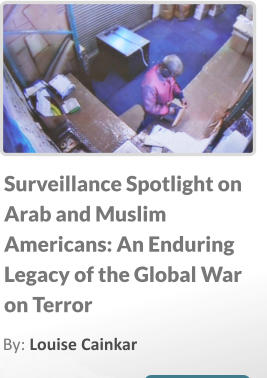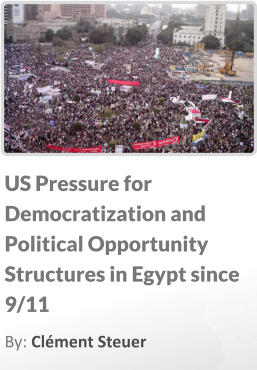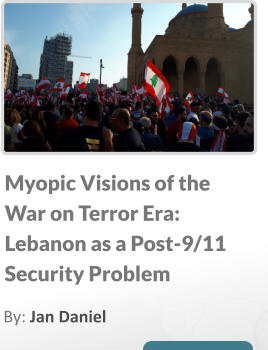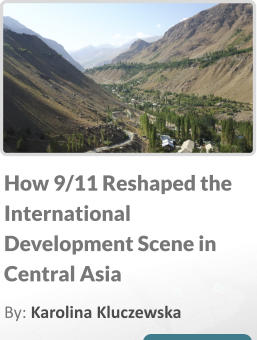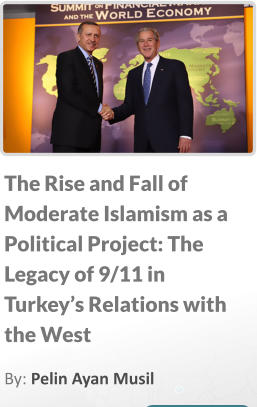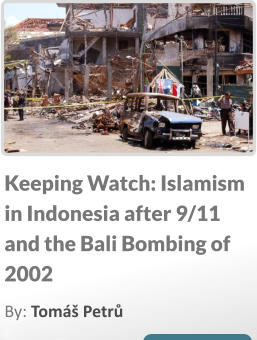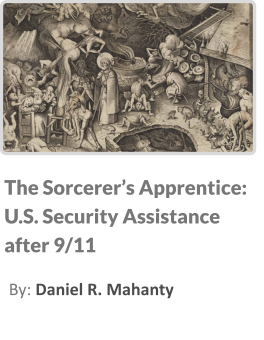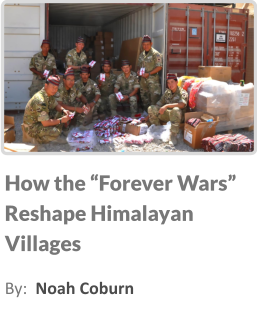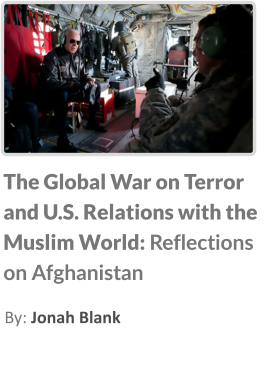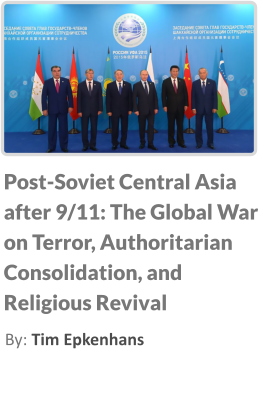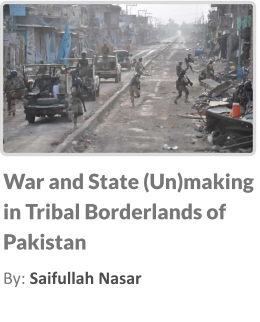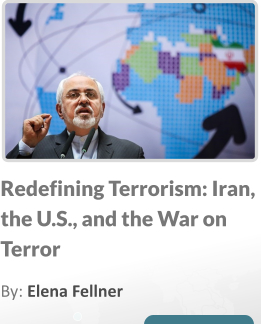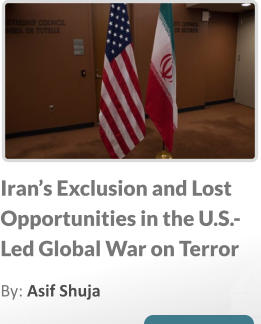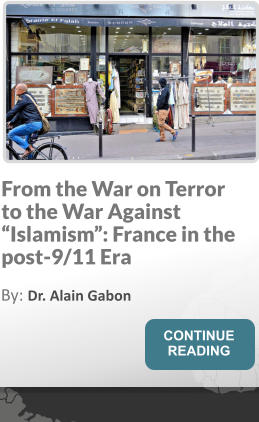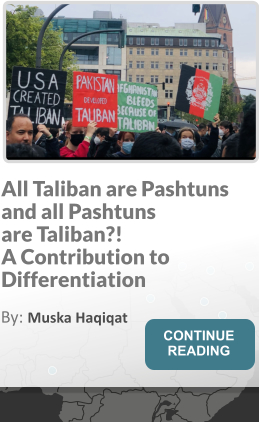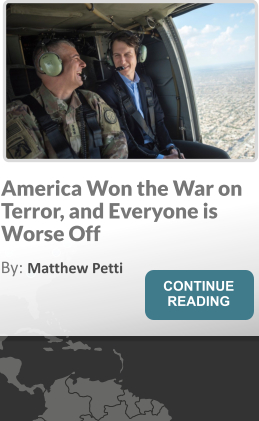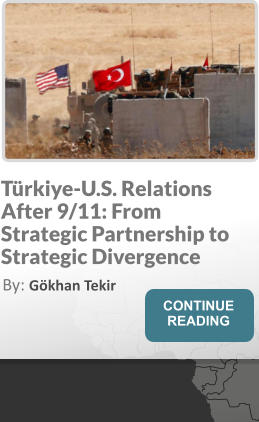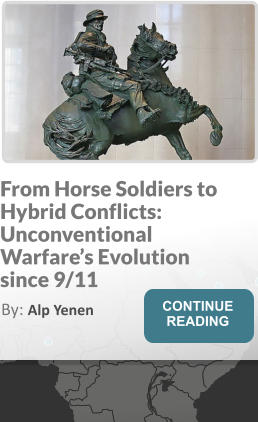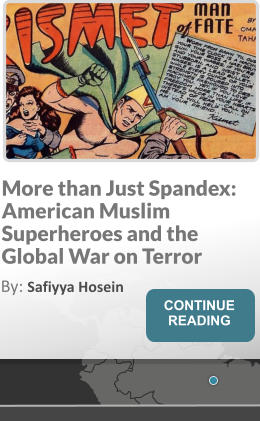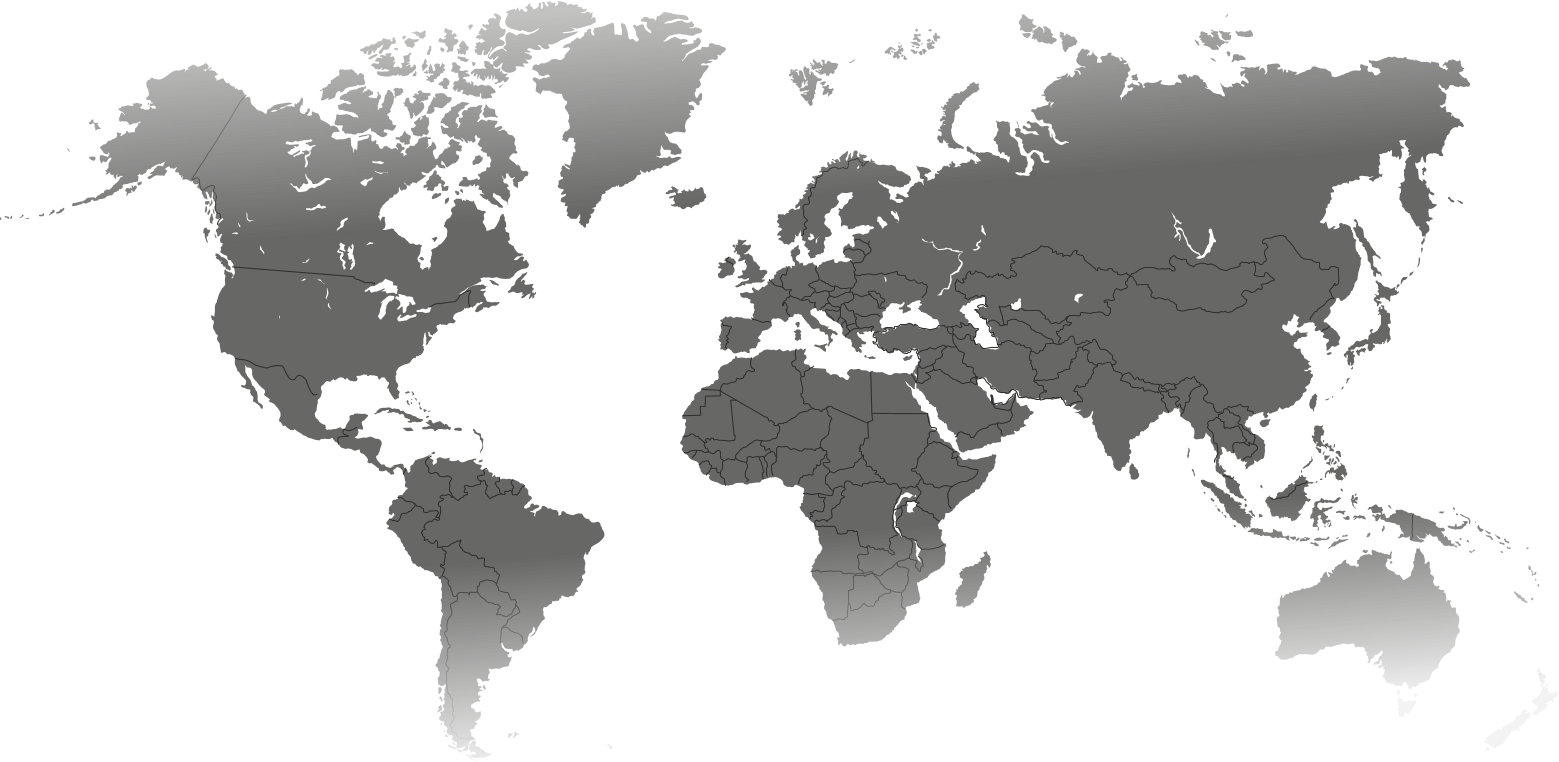








Can
we
write
about
the
Global
War
on
Terror
(GWOT)
in
the
past
tense?
With
ongoing
talk
of
a
return
to
great
power
rivalry,
the
U.S.
withdrawal
from
Afghanistan
and
Iraq,
and
the
primacy
of
combating
a
global
pandemic,
many
Western
governments
are
eager
to
frame
the
war-on-terror
era
as
over.
But
even
if
the
formal
infrastructure
of
war
retracts,
the
social
relations,
logics,
and
material
resources
from
the
planetary
war
are
set
to
shape
our
collective
futures.
Long
after
the
departure
of
European
empires
in
the
mid-20th
century,
the
postcolonial
world
remained
beholden
to
colonial-era
structures
and
norms.
Likewise,
the
legacies
of
the
GWOT—its
laws,
language,
cultural
norms,
political
hierarchies,
and
material
artifacts—
will
reverberate
across
global,
national,
and
local
scales
in
the
decades
to
come.
The
9/11
Legacies
project
presents
a
diverse
set
of
perspectives
from
across
academia,
policy
circles,
and
journalism
to
reflect
on
the
more
enduring,
subtle,
and
(at
times)
pernicious
legacies
of
9/11
and
the
Global
War
on
Terror.
The
project
seeks
to
answer
one
overarching
question: in what ways will our post-GWOT era be shaped by the Global War on Terror?
The
9/11
Legacies
project
was
established
on
the
20th
anniversary
of
9/11
by
Ameem
Lutfi
(Assistant
Professor
in
History
and
Anthropology,
Lahore
University
of
Management Sciences) and
Kevin L. Schwartz
(Research Fellow, Oriental Institute, Czech Academy of Sciences).
The project benefits from funding from the
Oriental Institute, Czech Academy of Sciences.
Since
the
Taliban
recaptured
Afghanistan
in
August
2021,
the
Afghan
diaspora
in
the
Global
North
has
been
under
general
suspicion.
This
is
particularly
true
in
Germany,
which
currently
hosts
the
largest
Afghan diaspora community (…)
All Taliban are Pashtuns and all
Pashtuns are Taliban?!
A Contribution to Differentiation
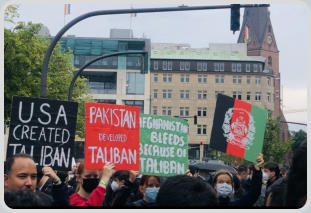
By: Muska Haqiqat
From Horse Soldiers to Hybrid
Conflicts: Unconventional
Warfare’s Evolution since 9/11
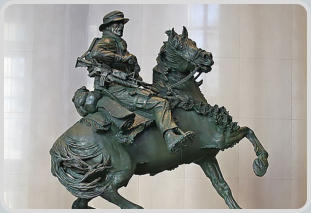
The
stark
contrast
of
the
beginning
and
end
of
U.S.
military
operations
in
Afghanistan
forces
a
reflection
on
the
trajectory
of
unconventional
warfare
over
two
decades
of
the
Global
War
on Terror. The early (…)
By: Alp Yenen
By: Safiyya Hosein
More than Just Spandex:
American Muslim Superheroes
and the Global War on Terror
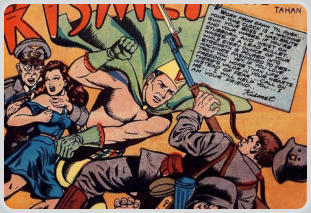
Even
though
Muslim
superheroes
have
appeared
in
American
comic
books
since
the
1940s,
their
number
grew steadily in the post-9/11 (…)
Policy
discussions
around
counter-
terrorism
efforts
now
state
a
difficult
lesson
learned
of
international
intervention
so
common
that
it
has
become
a
trope:
tactical
fixes
don’t
fix
political
problems.
You
cannot
(…)
The Two Most Dangerous Self-
Deceptions in Security Sector
Reform
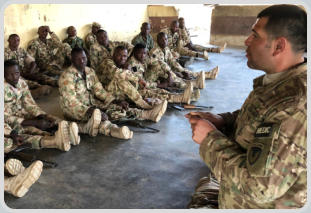
By: Abi Watson
By: Rodrigo Augusto Duarte Amaral,
Mariana Medeiros Bernussi,
Victória Wood Farinelli
The Brazilian Antiterrorism Law:
The U.S. Counterterrorism
Agenda, International Economic
Pressures, and Socio-Political
Conveniences.
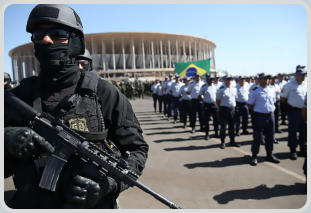
One
of
the
legacies
of
September
11th
was
the
imperative
to
develop
locally
stricter
counterterrorism
measures,
even
in
countries
historically (…)
© 2023 Oriental Institute, The Czech Academy of Sciences, Kevin L. Schwartz, and Ameem Lutfi





If you are interested in contributing an article for
the project, please send a short summary of the
proposed topic (no more than 200 words) and brief
bio to submissions@911legacies.com. For all
other matters, please contact
inquiry@911legacies.com.

CONTACT





SHARE















































































































